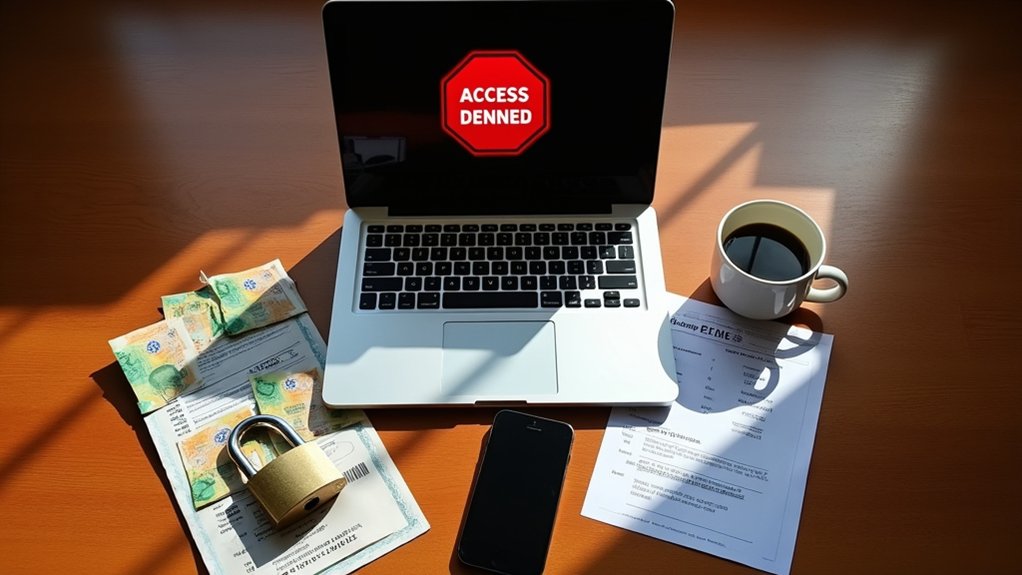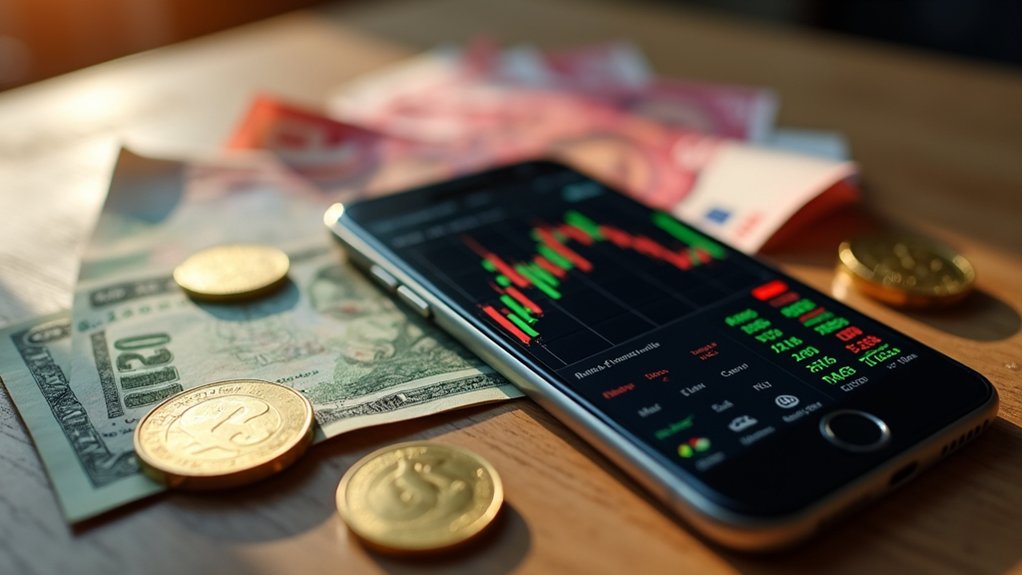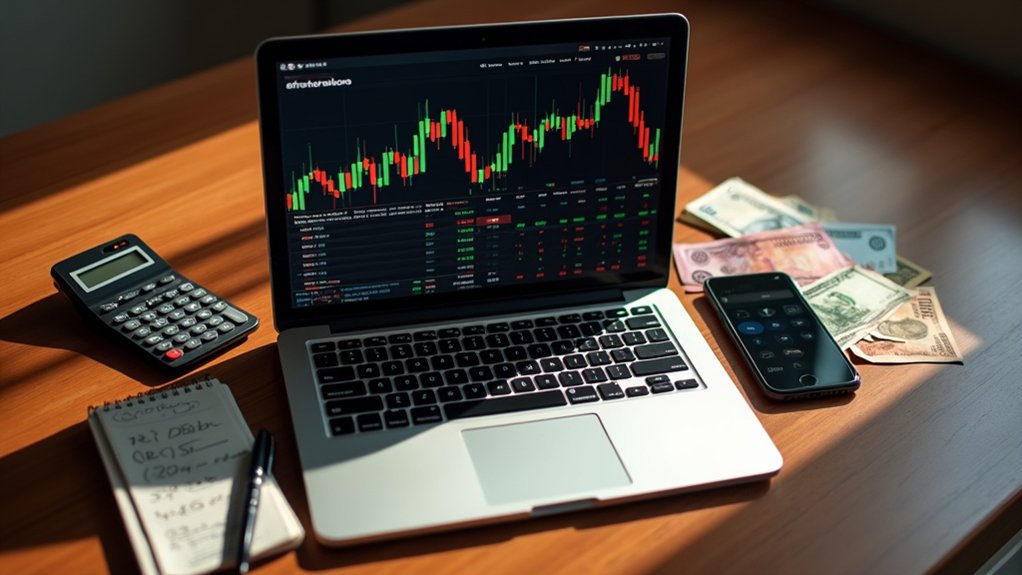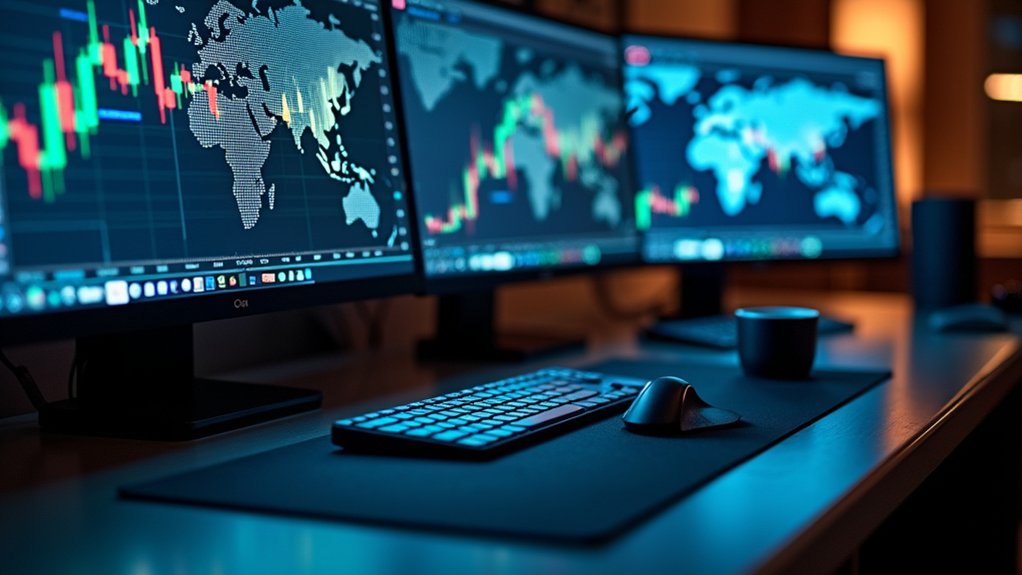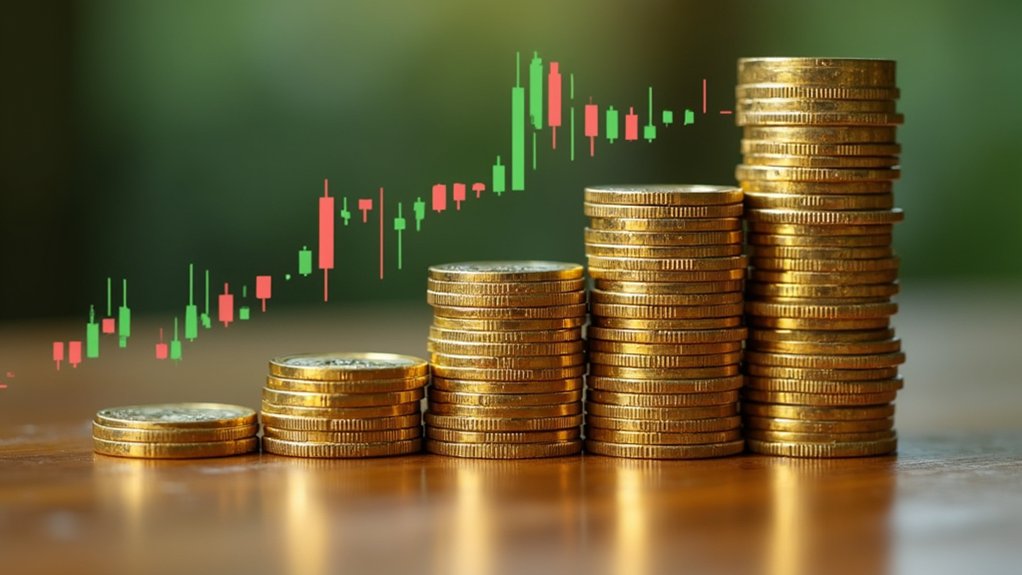When a forex broker blocks a withdrawal, traders should immediately contact support and demand a written explanation while documenting everything—screenshots, emails, ticket numbers. The next steps include verifying account KYC completion, checking for minimum thresholds or hidden fees, and trying alternative withdrawal methods. If the broker stonewalls with bizarre requirements or demands extra deposits to “unlock” funds, that's a massive red flag signaling potential fraud. Filing complaints with financial regulators and publicizing issues on forums can pressure brokers into action, though recovery odds depend heavily on whether the broker operates under credible oversight or in a sketchy jurisdiction. The difference between bureaucratic delay and outright theft determines what happens next.
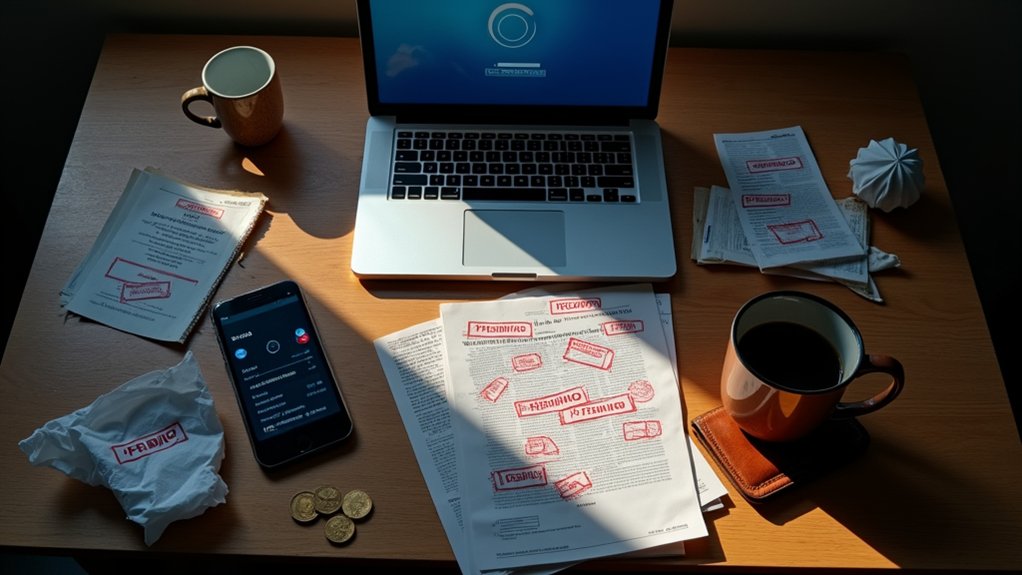
Getting locked out of your own money stings. When a forex broker blocks a withdrawal, African traders face a frustrating maze of regulations, vague explanations, and sometimes outright scams. It happens across the continent, from Lagos to Nairobi to Johannesburg. The broker suddenly won't release funds. The panic sets in fast.
First move? Read the broker's terms and conditions. Most traders skip this part. Big mistake. Those dense paragraphs hide withdrawal clauses, processing timelines, restrictions. Check if account verification is complete. Know Your Customer and Anti-Money Laundering requirements are real roadblocks if paperwork is missing. Brokers operating in weakly regulated jurisdictions block withdrawals more often. That's just reality. Hidden fees pop up. Minimum withdrawal thresholds appear out of nowhere. Bonus conditions traders forgot about suddenly matter.
Contact the broker immediately. Customer support might be useless, but document everything anyway. Request a clear, written reason for the block. Save screenshots, emails, ticket numbers. If the frontline team stonewalls, escalate to management or compliance departments. Persistence counts. Some brokers hope traders just give up.
Check withdrawal details carefully. A misspelled bank account number or outdated ID can trigger an automatic hold. Provide any additional documents requested quickly. Try different withdrawal methods if the broker offers alternatives. E-wallets, cards, bank transfers—sometimes switching the method breaks the logjam. Insufficient funds in the trading account can also prevent the requested withdrawal from processing.
Now for the darker side. Some brokers are frauds. Watch for unjustified delays, bizarre new requirements appearing at withdrawal time, or zero transparency. If the broker suddenly invents bonus conditions or hidden charges, red flags should fly. Worse, if they demand additional deposits or “unlocking fees” to release funds, it's likely a scam. That tactic is classic. Ponzi schemes collapse when everyone tries cashing out at once. Phishing emails and malware can also give scammers unauthorized access to accounts, enabling fraudulent withdrawal requests that drain funds. AI-driven fraud detection systems at legitimate brokers help prevent unauthorized withdrawals by analyzing behavioral patterns and flagging suspicious activity.
Regulated brokers operating under legitimate authorities can be reported. File formal complaints with financial regulators, providing all documentation. In South Africa, traders can escalate issues to the Financial Sector Conduct Authority, which oversees forex brokers and enforces market integrity standards. Third-party mediation or ombudsman services exist in some African markets. Chargebacks through card providers might work if deposits were made that way. Evidence matters. Keep records obsessively. Legitimate brokers maintain segregated client funds in separate accounts from their operational capital, ensuring traders' money remains protected even if the broker faces financial difficulties. Before opening an account, research broker regulation status to confirm they operate under credible oversight that offers recourse when disputes arise. Understanding KYC requirements upfront helps traders prepare the necessary documentation and avoid verification-related withdrawal delays.
Online forums and trader advocacy groups can help too. Publicizing problems sometimes forces brokers to act. Naming names protects others. African traders need to share experiences openly because regulatory protection varies wildly across the continent. Some countries have strong oversight. Others have almost none.
The bottom line? Blocked withdrawals happen. Sometimes it's bureaucracy. Sometimes it's theft. Knowing the difference and acting decisively separates those who recover their funds from those who lose everything. Stay sharp, stay documented, stay loud.
Common Questions
Can I Report Unregulated African Brokers Blocking Withdrawals to Local Authorities?
Most African traders can't report unregulated brokers to local authorities and expect help. South Africa's FSCA and similar bodies across the continent won't assist if the broker operates offshore without a license. There's no legal framework, no formal complaints process, no real recourse.
These brokers exist outside national legal systems—registered in places like the Marshall Islands or St. Vincent—so consumer protection agencies are effectively powerless. Traders are on their own.
Do Mobile Money Withdrawal Issues Differ From Bank Transfer Problems in Africa?
Yes, they differ markedly. Mobile money withdrawals face taxation headaches—Uganda and Tanzania slapped on levies that killed transaction volumes and pushed users back to cash. Bank transfers cost more upfront but dodge those mobile-specific taxes.
Rural traders lean on mobile money because banks simply aren't there. Urban traders juggle both, watching for double taxation traps. Mobile money agents are everywhere; bank branches aren't. The choice often comes down to where a trader lives and what fees hurt less.
Which African Financial Ombudsman Services Handle Cross-Border Forex Withdrawal Disputes?
South Africa's National Financial Ombud Scheme (NFOSA), launched March 2024, handles forex withdrawal complaints—but only against South African institutions. It's free, consolidated, powerful.
No pan-African ombudsman exists.
Most African countries have national bodies with strictly domestic mandates.
Cross-border disputes? Good luck. Traders dealing with offshore brokers often hit a wall fast. NFOSA won't touch foreign entities. Neither will most African regulators.
Cross-border recourse remains fragmented, weak, and frustratingly limited across the continent.
Are Withdrawal Blocks More Common With Offshore Brokers Accepting African Clients?
Yes, withdrawal blocks hit African clients harder with offshore brokers. The pattern's undeniable.
Brokers under St. Vincent jurisdiction and similar lax setups routinely freeze funds from African traders. FXC Markets, HQBroker, Brokerz—the list grows.
Complaint clusters spike around African accounts specifically. South Africa's FSCA keeps issuing warnings, but these outfits operate beyond reach.
They cite “liquidity issues,” shift withdrawal methods to crypto, or slap on impossible bonus conditions. African traders face disproportionate targeting, minimal legal recourse, and brokers who know enforcement won't follow.
Can I Recover Funds if My Broker Isn't Licensed in My African Country?
Recovery gets messy when brokers aren't licensed locally.
Nigerian traders chasing unlicensed offshore brokers can't lean on local regulators for help—those agencies lack jurisdiction beyond borders.
Chargebacks through banks or credit cards remain the fastest shot at getting money back.
Some African victims have hired lawyers in the broker's jurisdiction, though legal fees pile up quickly.
Police reports create paper trails but rarely force foreign brokers to pay.
Documentation matters—every email, screenshot, transaction record becomes ammunition for recovery attempts.
